tl;dr
- If you know you won't be needing the data use
count.
- If you know you will use or have used the data use
length.
- If you don't know where it is used or the speed difference is neglectable, use
size...
count
Resolves to sending a Select count(*)... query to the DB. The way to go if you don't need the data, but just the count.
Example: count of new messages, total elements when only a page is going to be displayed, etc.
length
Loads the required data, i.e. the query as required, and then just counts it. The way to go if you are using the data.
Example: Summary of a fully loaded table, titles of displayed data, etc.
size
It checks if the data was loaded (i.e. already in rails) if so, then just count it, otherwise it calls count. (plus the pitfalls, already mentioned in other entries).
def size
loaded? ? @records.length : count(:all)
end
What's the problem?
That you might be hitting the DB twice if you don't do it in the right order (e.g. if you render the number of elements in a table on top of the rendered table, there will be effectively 2 calls sent to the DB).
